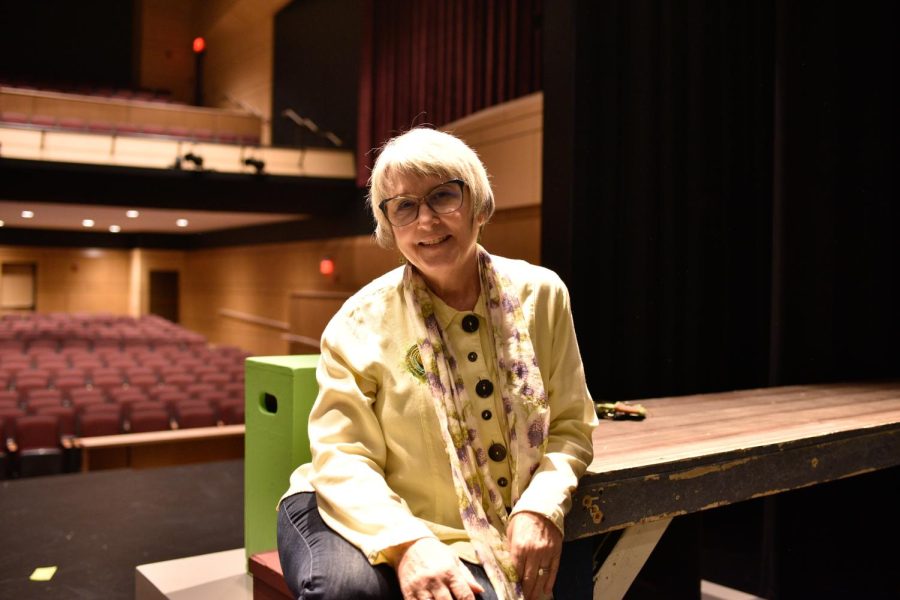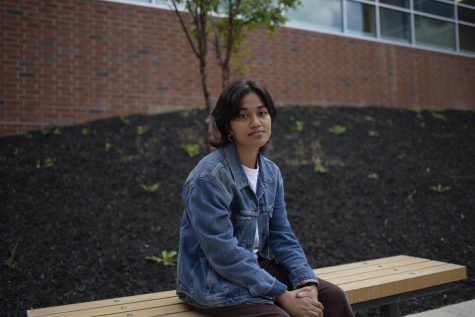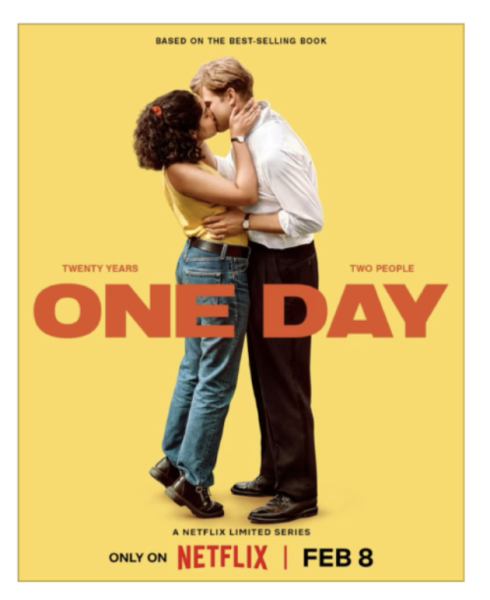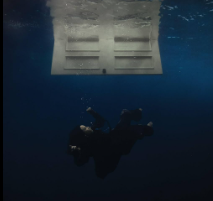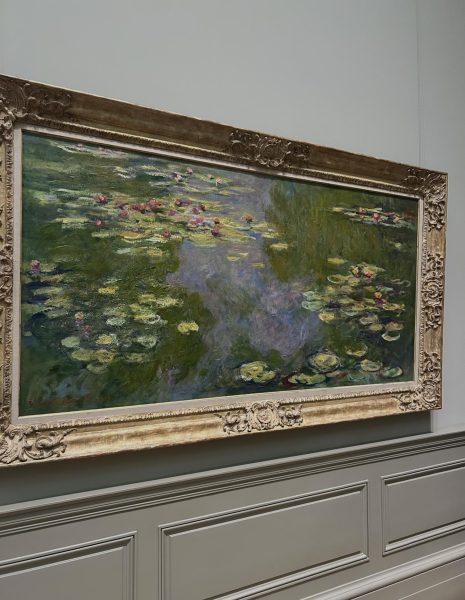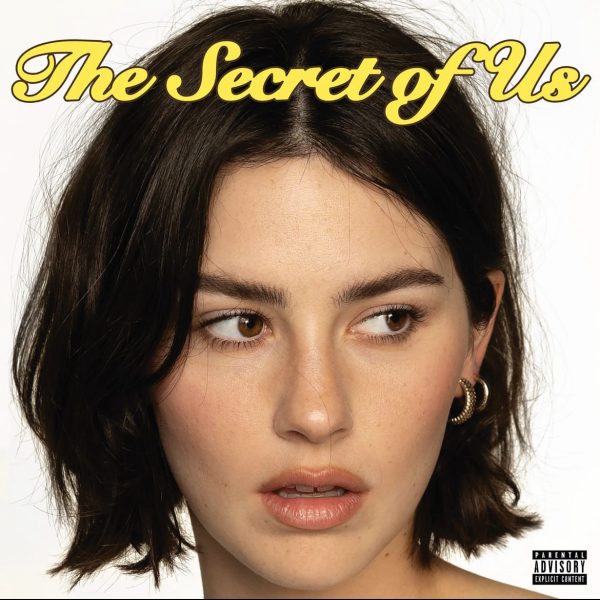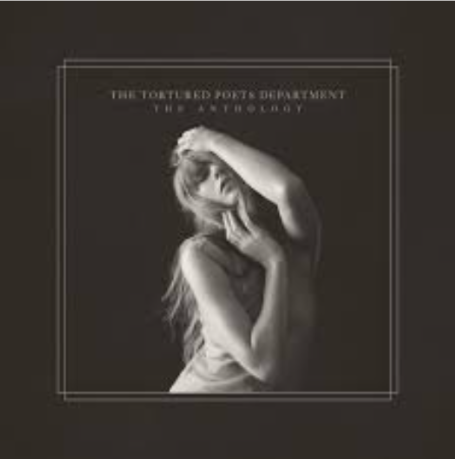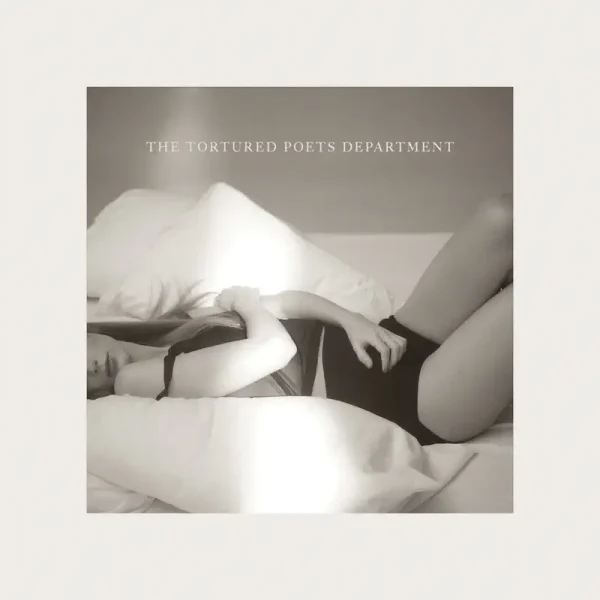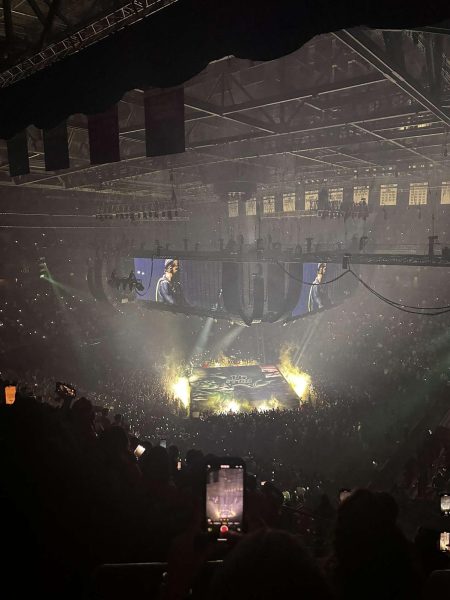Thespian Troupe Director Jill Campbell on “Seussical”
Thespians Troupe Director Jill Campbell poses on the set of “Seussical” on Thursday, Mar. 17, in the State High Performance Hall.
March 23, 2022
State High Thespians will be debuting its spring 2022 production, “Seussical,” on Thursday, Mar. 31, 2022. The colorful musical is a re-imagining of the tales of Dr. Seuss, and is being headed by Jill Campbell, the Thespian Troupe Director. Campbell sat down to talk about the upcoming show, her history with it, and her feelings going into the production, which will be her last formal show before she retires.
Could you first introduce yourself and tell me a bit about your role as the Thespians director/advisor?
“I’m Jill Campbell, and I am the Thespian Troupe Director, which is a title that’s given to me as part of our membership in the International Thespian Society. I am also the director of the Thespian shows at the high school.”
Do you pick out the shows that [the Thespians] do?
“We have a really interesting process at our high school, about how we come up with shows. Most high schools do not do what we do, we’re kind of maybe the only one I’ve ever run into that does what we do, but we try to get input from our general membership about the types of things they’re looking for in a season or a show coming up. And then they share that information with our student executive board. The student executive board and the other adult advisors also suggest shows and ideas related to that information that they get about what the group is thinking about and looking for. And we can start with huge lists of shows—everyone goes out and does some research. And we come back and we share what we found out about the shows and we kind of whittle the list down to a manageable number. At some point, if we can’t get it down to three or four, the board will vote. And then the adult advisors will select one from the three or four that the board puts forth as possible. Like I said, most schools don’t do that. Most schools, the adult advisors get together and they say ‘What do we do next year?’ [Then] they pick it, and then they tell the students that’s what they’re going to do. Now, we have had so much disruption with that through COVID. So we have still suggested, still talked, still did some research, shared ideas online, and then we’re kind of left up in the air by ‘Well, what will work? What is possible, what kinds of things do we want?’ But always, the board inputs in the end. Sometimes the adults will say, ‘Here are three or four things we think we’d like and are possible, what do you like out of them?’ And try to still keep as much input into the whole, because we really believe that everyone needs to be invested in what we’re doing.”
This is your last year in Thespians as the Troupe Director, did you have more input in picking the show this year? And I saw the photo up here on [your bulletin] board, so I wanted to ask what your history with “Seussical” the musical is.
“Seussical—yes, this is my last year, and the students were like, 1‘we want to do–we know we want to do a show you want to do your last year.’ And it was really hard, because I–we did a small musical the first half of the year that was from a list of a show I wanted to do for a really long time, and that was the one I knew I wanted to do because we don’t always get to do small musicals in the fall, a lot of the time we do dramas and we had a list of dramas, and we knew they just weren’t gonna work. But this one had been on that list of ‘If it’s not a drama, what are the small musicals that are possible?’ And for the spring, for the big one, we had another list. A lot of it contained things that we’ve brought and followed through with, a lot of it [was] shows that I’ve done before that I’d love to do again because they were so much fun. One of the things that the whole board and everyone talked about [was] ‘What’s a big show with lots of roles that everyone could get involved in, that little brothers and sisters could come to and enjoy just as much as aunts and uncles and grandparents?’ And [“Seussical”] was one of those shows. We were really looking at PG shows, you know, shows that had something for all ages, something for everyone, but also a lot of roles that would feature a lot of students. So I really wanted to do that. An accessible show, that everyone who wanted to get out there and be part of could be part of.”
Could I ask about the photo [of “Seussical” hanging on your wall], and what’s going on in there?
“So that was a whole different staff of Thespians, and it was almost fifteen years ago. It was 2007, so it has the choral director, the
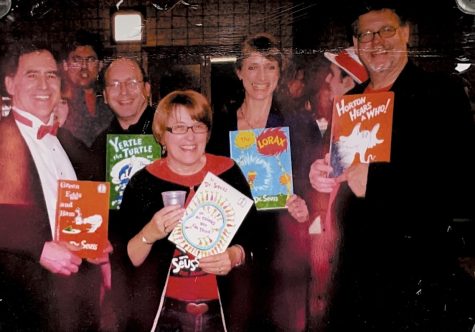
pit orchestra conductor, the choreographer who was the choreographer at Penn State at the time, and was a guest choreographer and her son was in the show. I think a photographer is in there too. […] A lot of the students who were in that original production, did end up going into theater, majoring in theater or voice, vocal careers, and are doing a lot of that right now. It was really fun, and randomly enough, we had other shows on our list, we were all ready to choose a different show, and Penn State chose the show we were ready to do. And we had to go back to the drawing board. […] Every year, the board changes, so this was the new board coming up that we sat down with and I said ‘you know, we kind of have to go back to the drawing board from our shows, we’re gonna have this guest choreographer, we want to make sure we do something that she’ll really want to do that we can take advantage of, and here are the things we talked about,’ and I remember saying, ‘I think you said you didn’t like—that Seussical was not at the top of your list,’ and everyone went ‘No! We like it! We want to do it!’ So I think it was a change in board; some seniors graduated, different people came in, but the current board, kind of were thinking about it and thinking ‘No, no, it would be great, it would be fun, we should do it.’ And the other thing—at the time we had a scenic designer who really got into it with the students, and students did a lot of design and work so technically, the students who weren’t necessarily performing, really, really got into the creation of the costumes and the set. And that was another thing we really want to grow and make happen this year, because we lost it for so many years. Our costumes, and set, and the people were dwindling, and everybody’s new, and we really wanted something that everybody could get their hands on and in. So I knew that happened with that show, the last time we had done it. The first time we had done it—really, funny story, students have been coming up to me and saying ‘That’s the first State High show I came to when I was three years old!’ So that was one of the things that has popped out since we selected the show.”
Is there anything in particular that you love or enjoy about the show, whether that’s the music or the story itself?
“I love the music. I love how much music there is, and that it’s a story that’s really told through music. And I think that makes it a fun musical. It’s different because of that. A lot of the rehearsals really focus on music. I love the accessibility of the choreography, and another reason why it really popped out as a show to do, was because we have—I [last] did it with a choreographer from Penn State, and now I have a student choreographer who’s doing all that and was really excited about doing it, with Olivia. So that was another kind of draw for doing this show—having an assistant director as a student, really having students lead a lot of the production and that end of the production, along with the adults. It’s kind of a team show. Everything comes together to create this wonderful show. But I think the biggest thing is how much heart it has. And I’ve talked to other directors who have directed it, and I remember back to when we did it, it’s really how just wonderful that heart is of Horton, who just, through thick and through thin, you know, stands there and takes care of that egg. No matter what happens to Horton, [he] is very trustworthy and very committed to being there for a group of people he doesn’t know and can’t even really see, only hear. […] And [Horton remains] protective, no matter what outside forces are trying to keep him from doing what he feels is right and what he needs to do. And I love that about the show, I love the heart of it.”
I can definitely see why it’s a great show that families and younger members would especially enjoy.
“Right, and I think—I remember the first time we did it, the show began, and in the beginning, there’s nothing. It’s an empty stage. And the set finally, as the story starts to unfold, comes together, and I remember one day there was this little voice out in the audience that said, ‘*gasps* It’s just like the book!’ And who knows which book, because there’s so many books. It brings so many different stories together, and it’s a total creation of the writers, Ahrens and Flaherty, of just taking from different aspects of the Seuss stories and putting them all together to create this one representation of a story that they want to tell their audiences.”
How are you feeling about going into this last formal production?
“Well, it’s big. And I think it—you know, it’s very mixed. It’s gonna be the last big production, so it’s kind of a letting go of what you’re doing and what you’ve been doing for how many years. Every year we’ve probably done three productions, two that are the big Thespians productions, one that comes from Advanced Performing Arts class, which also includes Thespians and support of it through enrichment. And so—you know, I don’t even like to think about like ‘90 productions’ or however many I’ve done. This one, I think, what I’m really working at is—because who knows who will follow me—is the allowance and mentorship of making sure students and the rest of the staff are prepared to carry on. So letting students mentor each other […] because for years, we fostered a kind of a training—by the time you’re a senior, you will get to do some of these things, technically, directorially, the student choreography—if you’ve learned and you’re ready. And we’ve kind of lost a little flow of that, and we want to make sure that students recognize and see that, and know where they can go from here, if they’re freshmen coming in and getting involved, and growing the membership from a membership that dwindled and small shows that didn’t have—not as many students auditioning, to getting more students auditioning, more involved in the production. So I think I’m gonna look at this show as ‘Well, it’s not just my show, or my last show,’ it’s our last show together, and now I’m gonna get teary-eyed. But it is. It’s our last show together, and what we can create together.”
Is there anything else that you’re looking forward to?
“Well Mitchell Case is assistant director, and he has been and started doing a lot of work with character and what’s happening in the storytelling, cause it’s all these strange characters and animals that aren’t real animals, and you know, how do you create a world and a place in it and understand your place in it, to tell this story, to support and tell this story. I’m excited that we’re having a PSU professor and local—actually, he runs an improv comedy group—Sam Tanner, come in from outside to do some dramaturgy work, and students need to learn how to do that, and what that means and what that is. So he’s done a lot of research on the Seuss books, the production of the show, the past productions of this show, he’s directed the show himself, and he’s already done one workshop with us, because we recognize that Seuss is complicated, and over the last few years Seuss has become even more complicated than it was in 2007, when we did it last. So he’s doing a lot of work with that so how can we share the message we want to share, why is it important to share, and so that’s been an exciting process because he’s also teaching students about what dramaturgy is and what it means so they can learn and keep doing it. We were doing that before and students were doing it and sharing it, so now we have—but we lost that flow, so now we have someone to come help us learn that and pass that on to future students, so that’s an exciting aspect of the show that I haven’t done that for a while. And I am the director-choreographer, so having a different choreographer come in, we haven’t done for a while. But “Newsies,” we were at the point where we had a student choreographer, so in those years, we kind of lost that. […] When I first started, it was really tiny, there were like three of us, four of us—you know, adults, who were pulling it together, putting together something new, and it grew, and it grew, and it grew, and we got it to this place. And I want to leave it at this place and make sure it keeps going the way it’s been going, because it’s just been a delightful experience.”
What has it been like seeing this year’s senior class grow over the years, and are you feeling extra sentimental because it’s your last year?
“I am feeling extra sentimental, you know, because it’s not just this senior class, which, you know, I love and they’re my last senior class, but the juniors and the sophomores and the new freshmen that I’m gonna leave, when we just are starting to get to know each other, especially through COVID and all the things. And then thinking back over past classes and past students and all the things they’ve gone on to do and are doing, it all comes together when you’re thinking about retiring. And in fact, I had a former student thespian who’s now, I know, working professionally and now teaches theater who I’ve mentored over the years who just happens to have the same last name, but has no relation, who contacted me the other day and said ‘A bunch of us want to get together and find a way that we can bring people back and visit, is that okay with you?’ And that really got me just to see where everyone is. You know, some of them I’ve been very much in touch with and I know exactly what they’re doing, some of them live in State College, some of them live in California, some of them are in New York, some of them are working in theater, some of them are teaching theater. Just to get a chance for everybody to be kind of in one place at one time—if they want to be—and to see them and each other. Because students will look at these pictures, and they’ll go ‘Who’s that? What’s that?’ […] Just all the things that have been created and done over the years when you start to look at pictures like that, it’s really […] it’s fun to see.”
“Seussical” shows will begin next week on Thursday, Mar. 31, and tickets can be purchased here.

